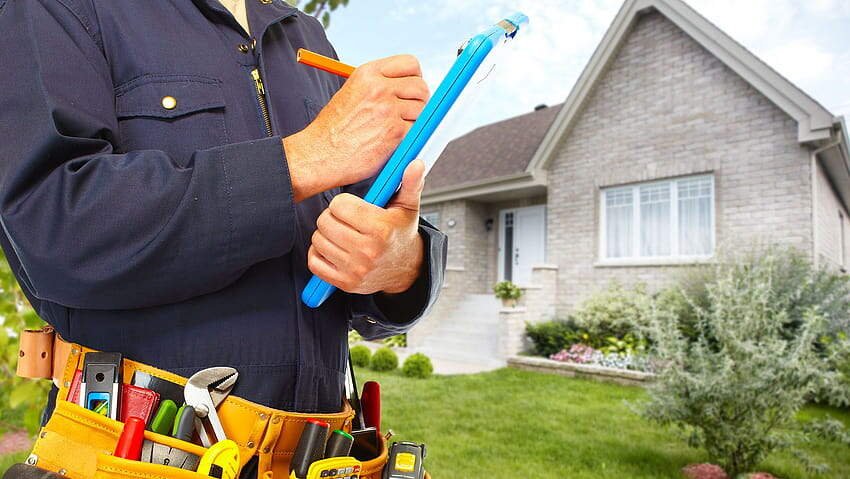Change is in the air in many respects, and housing is no different. People in cities worldwide are struggling to buy homes. Years ago, prices were rising steeply. Today, runaway inflation has caused banks to raise interest rates, which in turn has lowered the price of a home.
Buying a home was never straightforward. Unpredictable, volatile markets don’t simplify things. However, the real estate sector is embracing technology that helps homebuyers in several respects. Let’s check out how the future of mortgage prequalification may be different than it is today.
What Exactly is Mortgage Prequalification?
First, let’s pin down our terms because mortgage “prequalification” often gets confused with “preapproval.” The mortgage prequalification process is usually simple and quick.
A mortgage lender assesses your basic financial information, such as income, debt, and assets, to give a tentative statement of how much they’d be willing to lend toward your home purchase.
Prequalification can even be done over the phone for free because it’s not actually a guaranteed loan. A mortgage prequalification gives homebuyers a picture early on of what they can afford. It’s only a guideline, not a legal promise or guarantee.
The prequalification process lets buyers compare rates between lenders. The preapproval process is far more stringent because, after it, the lender has firm commitments. For example, so long as your financial situation doesn’t change, you may be able to lock in an interest rate for 4 months.
Modern Technology for the Win
Things like Zoom meetings were a revelation throughout the pandemic. Suddenly, a mostly niche technology played a major role in connecting people when we were far apart and isolated. From social visits to work meetings, people use Zoom for many things.
One technology that played a foundational role in the pandemic’s early days, Nobul, continues to enjoy widespread adoption and other applications in real estate. Digital disrupter Regan McGee created the real estate platform to connect homebuyers with the right agent for them.
In an interview with SuperbCrew, McGee explained how he isn’t the only one incorporating technology into the real estate buying process. “We will see further use of technology like drones and virtual tours and AI-supported bots that will help prequalify buyers.”
It’s early days of technology amping up the real estate process, but it has already begun in earnest. It’s now routine for drone cameras to show macro perspectives on a property you’re considering.
Virtual tours enable buyers to make purchases sight unseen, a category of buyers that has risen sharply over the pandemic. So many people buying homes without having stepped foot in them was unthinkable just years ago, but that’s changed now.
AI has received a lot of attention for how it creates prose, and it’s already used in e-commerce and elsewhere. It’s hard to say precisely how AI will be applied in the future of real estate technology, but it’s poised to only grow and become more popular.
What Are the Benefits of Prequalifying?
Homebuyers need to know what they can afford before they shop. Prequalifying is a step or two before getting pre-approved, which does give you important, concrete benefits.
When you’re in a bidding war, and trying to show the owners you’re serious and can move quickly, it’s best to have all your financial ducks in a row. The preapproval shows you’re in a position to buy, and the transaction won’t drag on for longer than it should.
What You Can Do to Help Qualify
There are many things you can do to help get a mortgage prequalification. Which option you pursue may depend on your budget and lifestyle goals.
How big a home are you looking to buy, and what neighbourhood is it in? Some expenses are essential, but are there monthly purchases in your budget you can reduce or eliminate to save money?
You won’t get the financing from a bank to pay for a mansion if you make minimum wage. At some point, there needs to be alignment between the type of money you have, the type of job you do, and the home you’re trying to buy.
The mortgage prequalification process is where you’ll begin to hammer this out because it’s the informal part that strives to provide a general picture. It’s hard to give broad, universal advice about such a personal topic.
However, all things equal, maximizing your income and minimizing your expenses puts you in a better financial position lenders appreciate.
Final Words
The world is changing, and so is the real estate industry and how lenders verify and assess the people they potentially lend to. The price of housing may rise and fall, and technology may come in and out of fashion. At the end of the day, aside from having money, the best thing you can do to land a home is follow the steps, starting with mortgage prequalification, dutifully and responsibly.
Recommended Posts:














